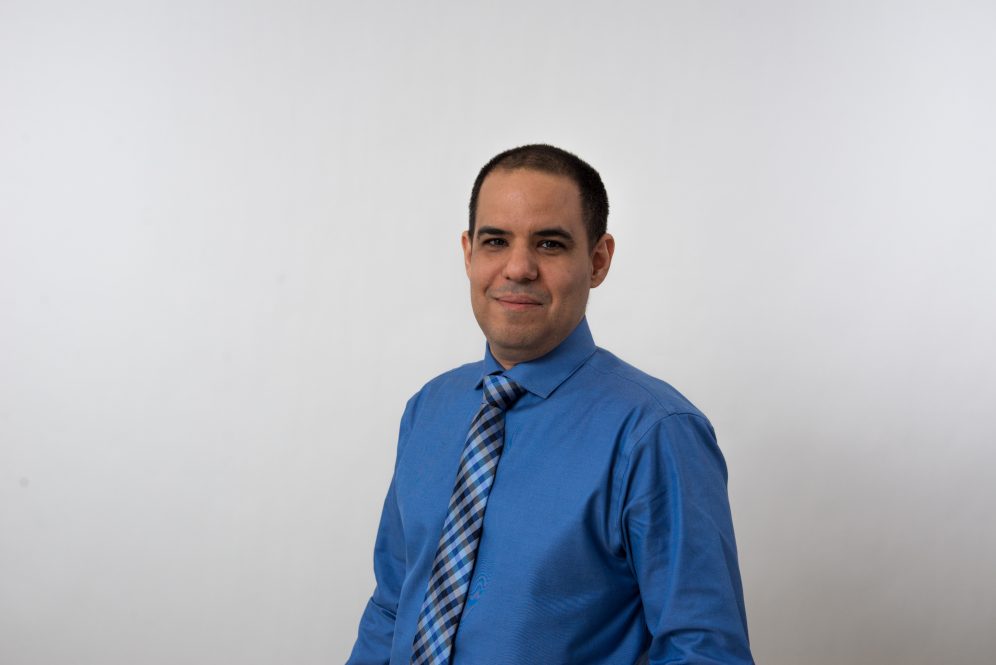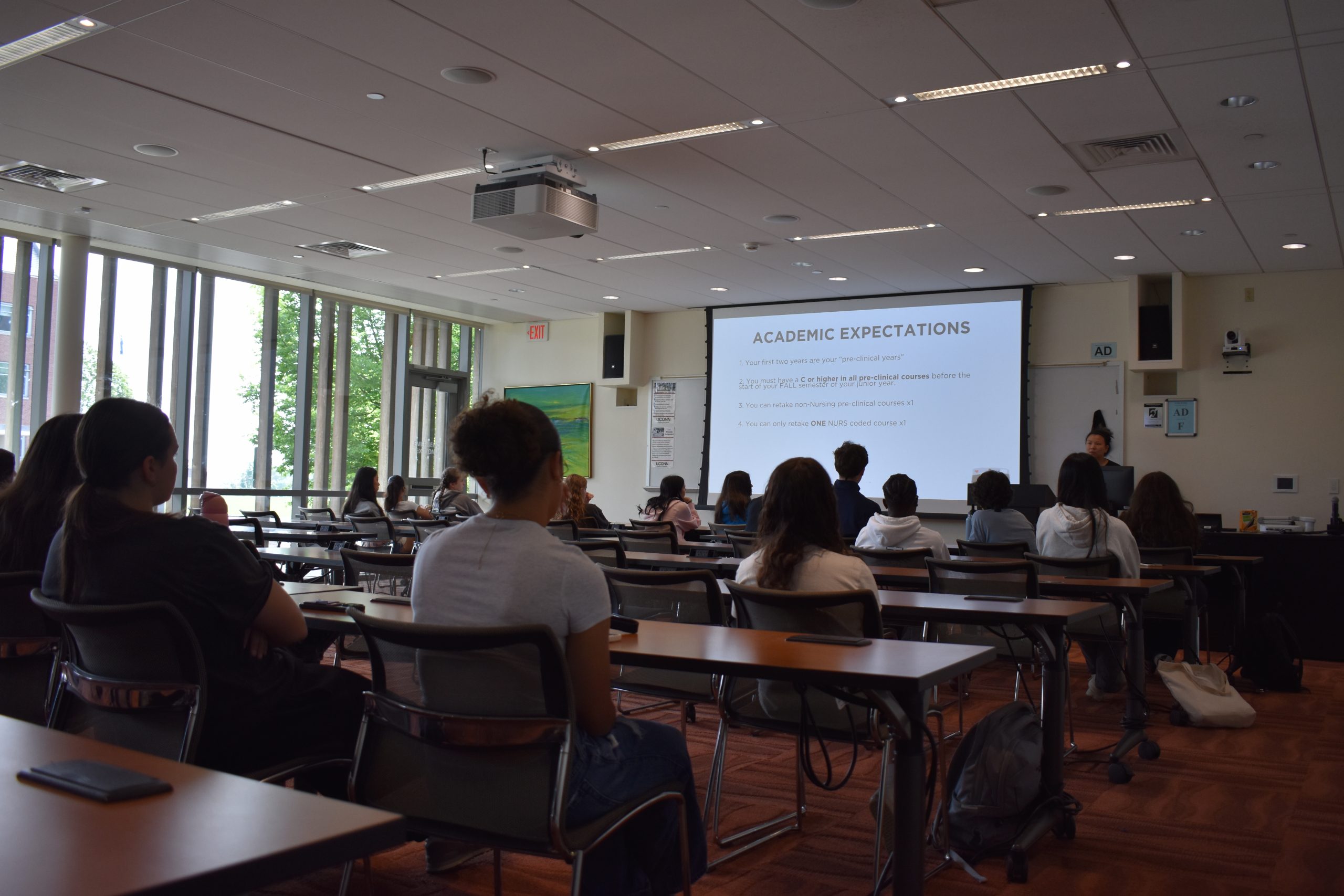In the United States, sleep disorders affect one-third of the adult population. Despite how common they are, they often go undiagnosed or are not taken seriously.
But poor sleep can have serious consequences. Drowsiness related to a lack of sleep can be a contributing factor in car accidents and work injuries and can create a strain on relationships with family. Poor sleep is also a factor in serious health issues such as heart disease, obesity, and diabetes.
Dr. Adrian Salmon, director of the Sleep Disorders Center at UConn Health, sees patients every day whose quality of life is negatively impacted by lack of quality sleep. “Many of my patients report fatigue, problems with concentration, lowered levels of alertness, and increased occurrences of anxiety and depression,” he says.
On average, an adult needs seven to eight hours of sleep every night, yet more than a third of adults in the U.S. get fewer than seven hours. There are many reasons why a person might not get enough sleep, such as too much time spent on social media, the need to work multiple jobs, or family demands. But a subset of people also suffers from a sleep disorder that can prevent them from falling asleep and staying asleep.
Salmon says sleep problems can be complex: “A significant amount of patients have underlying chronic medical problems such as heart, lung, or mood disorders that can make managing sleep disorders more complicated. And sometimes a combination of therapies is necessary to combat sleep problems. Also, some medications prescribed for other medical conditions can negatively affect sleep, so it is important to consult with a sleep expert who can work with your primary care provider or therapist to change the medications if necessary.”
The Sleep Disorders Center offers two types of sleep studies to help diagnose a sleep disorder: one at home and one in the sleep lab in the main UConn Health campus in Farmington. The most common conditions Salmon diagnoses are sleep apnea, insomnia, and restless leg syndrome, but he has experience with all sleep disorders, including somnambulism or sleepwalking, narcolepsy, and periodic limb movement.
Although sleep problems may initially present similarly, treatment is aimed at addressing the source of sleep disruption, and the Sleep Disorders Center includes a multidisciplinary team of health care professionals including pulmonologists, dentists, and a psychologist to provide expert care in treating all aspects of sleep problems.
Dr. Seema Kurup, a dentist specializing in temporomandibular disorders (TMD) and sleep disorders, often works with Salmon to fit patients for an oral sleep appliance that can be used to treat snoring or sleep apnea in place of the most common treatment, a CPAP machine.
“I see patients who are not compliant with a CPAP or who do not necessarily need a CPAP,” Kurup says. “The oral sleep appliances, called mandibular advancement devices (MAD), are easy and comfortable to use and are FDA approved; however, they are not one size fits all. Prior to fabrication of an oral sleep appliance, I consider many factors such as missing teeth, jaw alignment, and other dental issues to decide which appliance will work best for that particular patient.
“The oral sleep appliance works by placing the lower jaw in an anterior, or forward, position to flatten the tongue and open the airway, allowing patients to breathe better and take more oxygen into the body, thereby minimizing and controlling apneic episodes,” she says.
Sometimes, the best way to treat a sleep disorder isn’t with medication or an oral appliance — when it comes to insomnia, the best approach is cognitive behavioral therapy. Susan Rubman, Ph.D., DBSM, director of the Behavioral Sleep Medicine Program within the Sleep Disorder Center, is specially trained to work with people who have insomnia, difficulty falling asleep or staying asleep.
“I look at underlying issues and circumstances to evaluate sleep as a whole, such as any medical or physiological factors that might affect sleep. For insomnia, the first line of treatment isn’t medication. It’s education and changing behaviors, sleep schedule, and environment,” Rubman says.
When poor sleep has a negative impact on your life or the life of a patient, it’s time to consult with an expert. Everybody experiences periodic difficulties with sleep. Your sleep won’t be the same every night, and difficulty every once in a while is normal.
But Rubman says, “Sleep problems that occur three times a week for three weeks should be evaluated by a sleep specialist.”
Learn more about the UConn Health Sleep Disorders Center.
This story originally appeared in the Spring 2021 issue of UConn Health Journal.



